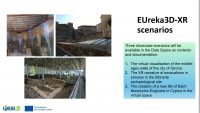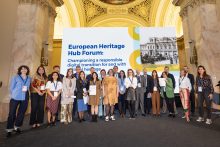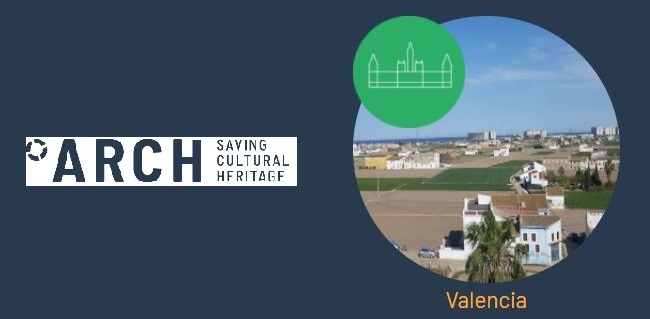 ARCH (Saving Cultural Heritage) is an EU-funded H2020 project focused on preserving areas of cultural heritage from the dangers and risks of climate change.
ARCH (Saving Cultural Heritage) is an EU-funded H2020 project focused on preserving areas of cultural heritage from the dangers and risks of climate change.
Cities always more frequently face extreme events that endanger cultural heritage and historic urban center, this project intends to develop a disaster risk management framework to assess and improve the resilience of historic areas to climate change and natural hazards.
The project will design methods, tools and models to support local authorities and practitioners, the urban population, and national and international expert communities in decision-making.
These tools and methodologies will be developed in a co-creative approach with the pilot cities of Bratislava, Camerino, Hamburg and València, involving local policy makers, practitioners and community members.
Last 27th September 2021, València ARCH project team organised the workshop: “Modelling of Thermal Regulation Ecosystem Services provided by the Huerta and Albufera in relation to the city of València.”
In the workshop, alternative land use scenarios were presented, which will be considered to assess the thermal influence of the periurban environment on València metropolitan area. The thermal modelling work carried out in ARCH was presented as well as the main results already obtained in relation to current land use in the metropolitan area.
A specific discussion concerned the description of two possible alternative land use scenarios:
- one based on the protection and expansion of the peri-urban green and blue infrastructure, called “green” scenario, the best case.
- the other, “grey” scenario, with an uncontrolled urban growth, the worst case.
Participants were involved in the discussion thanks to a specific web app designed to allow them to propose specific areas where potential land use changes could be considered under such what-if scenarios.
Further information about ARCH at savingculturalheritage.eu


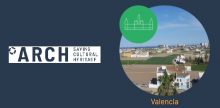
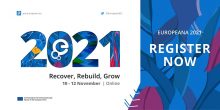
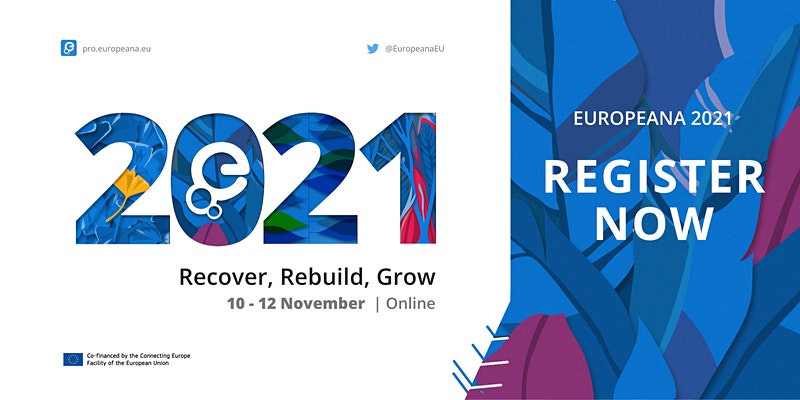


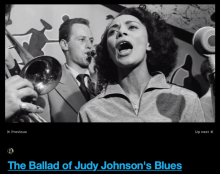
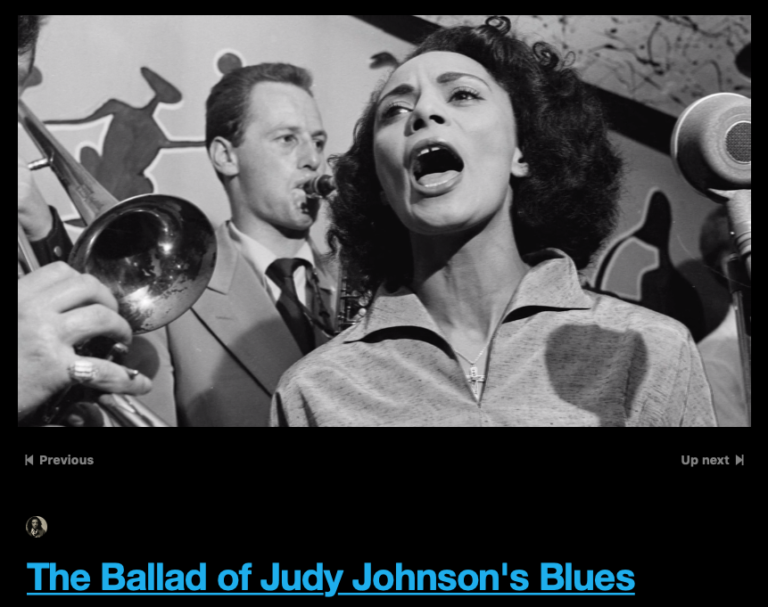 In preparing the content materials for the aggregation to Europeana, partner TopFoto referenced its inaugural writer-in-residence, Rommi Smith and her residency-collaboration with musician and composer, Christella Litras. This residency, TopFoto’s expertise and its collaboration with artist-researcher, Rommi Smith, has led to the planning of a WEAVE LabDay that is geared towards artists, researchers, archivists, CHIs and other key stakeholders that engage with photographic content. This LabDay also features contributions including from John Balean, Operations Manager at TopFoto.
In preparing the content materials for the aggregation to Europeana, partner TopFoto referenced its inaugural writer-in-residence, Rommi Smith and her residency-collaboration with musician and composer, Christella Litras. This residency, TopFoto’s expertise and its collaboration with artist-researcher, Rommi Smith, has led to the planning of a WEAVE LabDay that is geared towards artists, researchers, archivists, CHIs and other key stakeholders that engage with photographic content. This LabDay also features contributions including from John Balean, Operations Manager at TopFoto.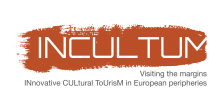
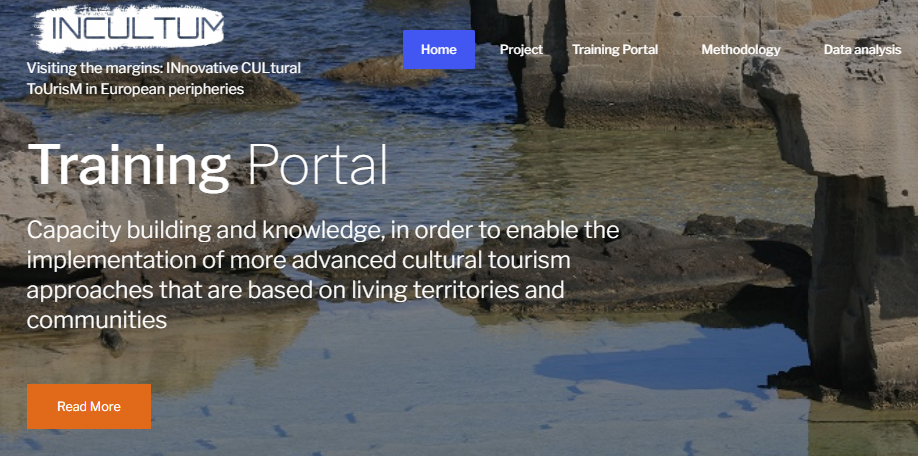
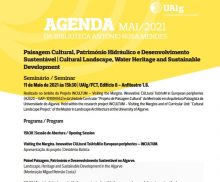
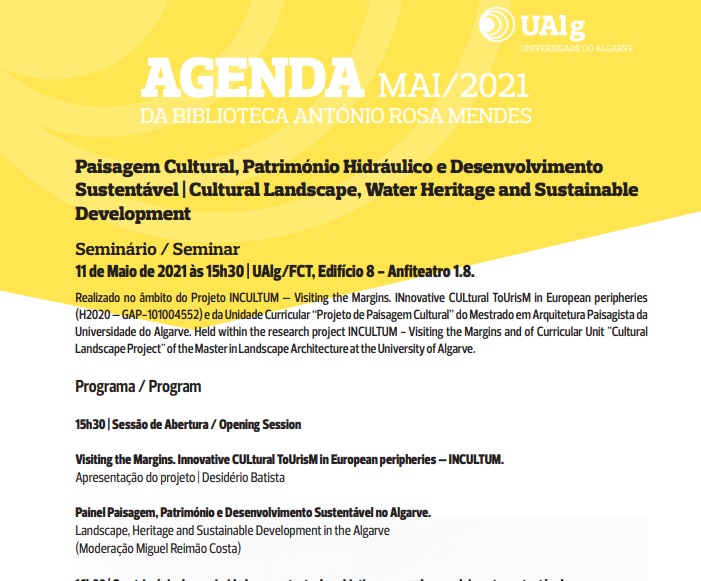
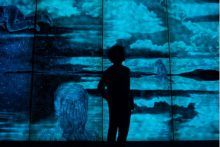
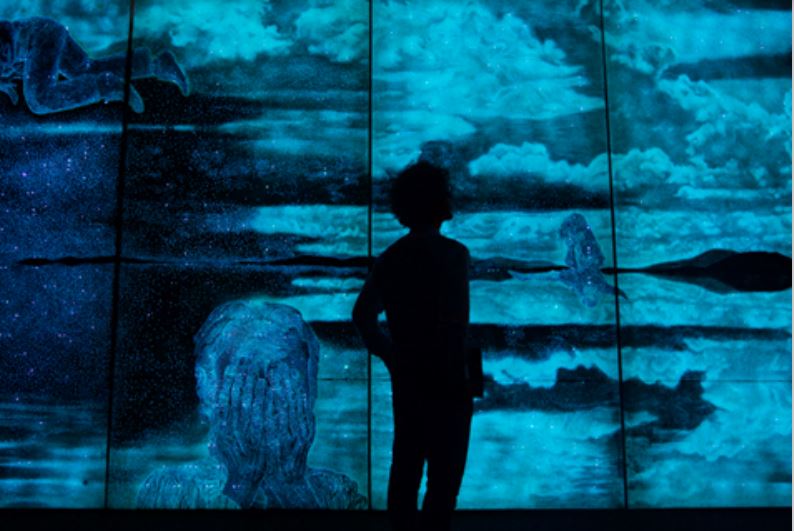 This call for application is promoted in the framework of the Aschberg Programme for Artists and Cultural Professionals and is part of the several responses undertaken by UNESCO in order to contrast the crisis that affected the artistic and cultural sector after the Covid 19 outbreak. The initiative has the goal to provide a mechanism of technical and financial assistance to Member States interested in designing, revising or implementing inclusive policy reforms for the protection and promotion of the economic, social and cultural rights of the artists and cultural professionals. In particular, the reforms should face the issues of social security, decent jobs and income generation, copyrights protection, credit conditions, tax exemptions, mobility, freedom of artistic expression, trade unions and professional organizations, unemployment benefits, sick leaves or health insurance from which professionals in other sectors already benefit.
This call for application is promoted in the framework of the Aschberg Programme for Artists and Cultural Professionals and is part of the several responses undertaken by UNESCO in order to contrast the crisis that affected the artistic and cultural sector after the Covid 19 outbreak. The initiative has the goal to provide a mechanism of technical and financial assistance to Member States interested in designing, revising or implementing inclusive policy reforms for the protection and promotion of the economic, social and cultural rights of the artists and cultural professionals. In particular, the reforms should face the issues of social security, decent jobs and income generation, copyrights protection, credit conditions, tax exemptions, mobility, freedom of artistic expression, trade unions and professional organizations, unemployment benefits, sick leaves or health insurance from which professionals in other sectors already benefit.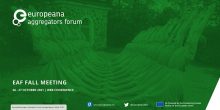
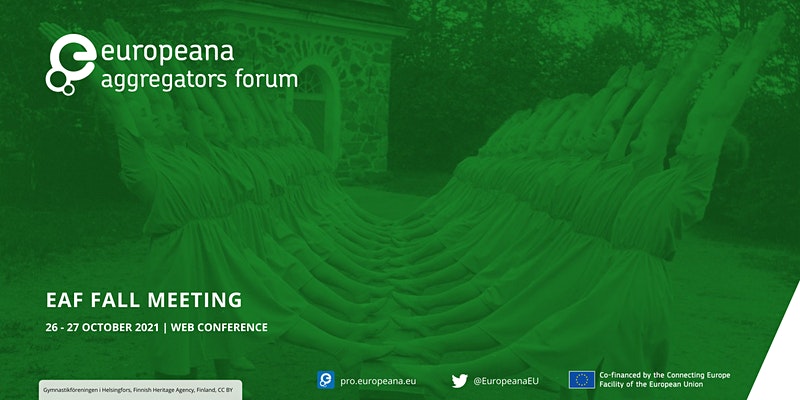 The Europeana Aggregators Forum is the network of national, thematic and domain aggregators: organizations which enable cultural heritage institutions to share their content with Europeana and open it up to new audiences. Twice a year all of them meet to exchange experience, present projects and align coordination, in sight of maintaining an effective aggregation ecosystem to support the development of Europeana.
The Europeana Aggregators Forum is the network of national, thematic and domain aggregators: organizations which enable cultural heritage institutions to share their content with Europeana and open it up to new audiences. Twice a year all of them meet to exchange experience, present projects and align coordination, in sight of maintaining an effective aggregation ecosystem to support the development of Europeana.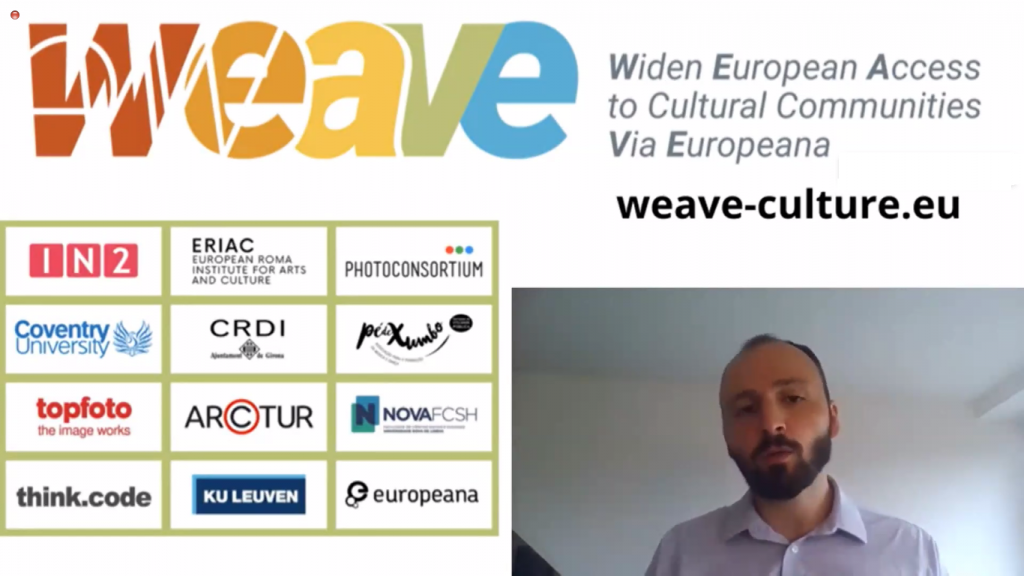
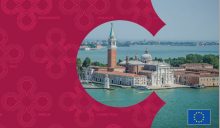
 On 21st-24th September the city of Venice hosted the 2021 edition of the European Cultural Heritage Summit. The Venice Summit offered a platform to celebrate excellence in cultural heritage skills and to discuss Europe’s recovery and its future. It was organised by Europa Nostra – the European Voice of Civil Society Committed to Cultural Heritage – during the Slovenian Presidency of the Council of the EU, with the support of the European Union and the patronage of the European Parliament, through the Creative Europe and Horizon 2020 programmes, as well as in collaboration with other European and Italian partners. The event was run in a hybrid format, with a limited number of stakeholders on-site and a wider audience connected virtually. The main outcome is represented by the Venice Call to Action: “For a New European Renaissance”, a document that puts forward 12 concrete and actionable proposals with the aim of including the potential of cultural heritage in the key priorities of the European Union and the United Nations’ Sustainable Development Goals.
On 21st-24th September the city of Venice hosted the 2021 edition of the European Cultural Heritage Summit. The Venice Summit offered a platform to celebrate excellence in cultural heritage skills and to discuss Europe’s recovery and its future. It was organised by Europa Nostra – the European Voice of Civil Society Committed to Cultural Heritage – during the Slovenian Presidency of the Council of the EU, with the support of the European Union and the patronage of the European Parliament, through the Creative Europe and Horizon 2020 programmes, as well as in collaboration with other European and Italian partners. The event was run in a hybrid format, with a limited number of stakeholders on-site and a wider audience connected virtually. The main outcome is represented by the Venice Call to Action: “For a New European Renaissance”, a document that puts forward 12 concrete and actionable proposals with the aim of including the potential of cultural heritage in the key priorities of the European Union and the United Nations’ Sustainable Development Goals. If you have interesting news and events to point out in the field of digital cultural heritage, we are waiting for your contribution.
If you have interesting news and events to point out in the field of digital cultural heritage, we are waiting for your contribution.





























